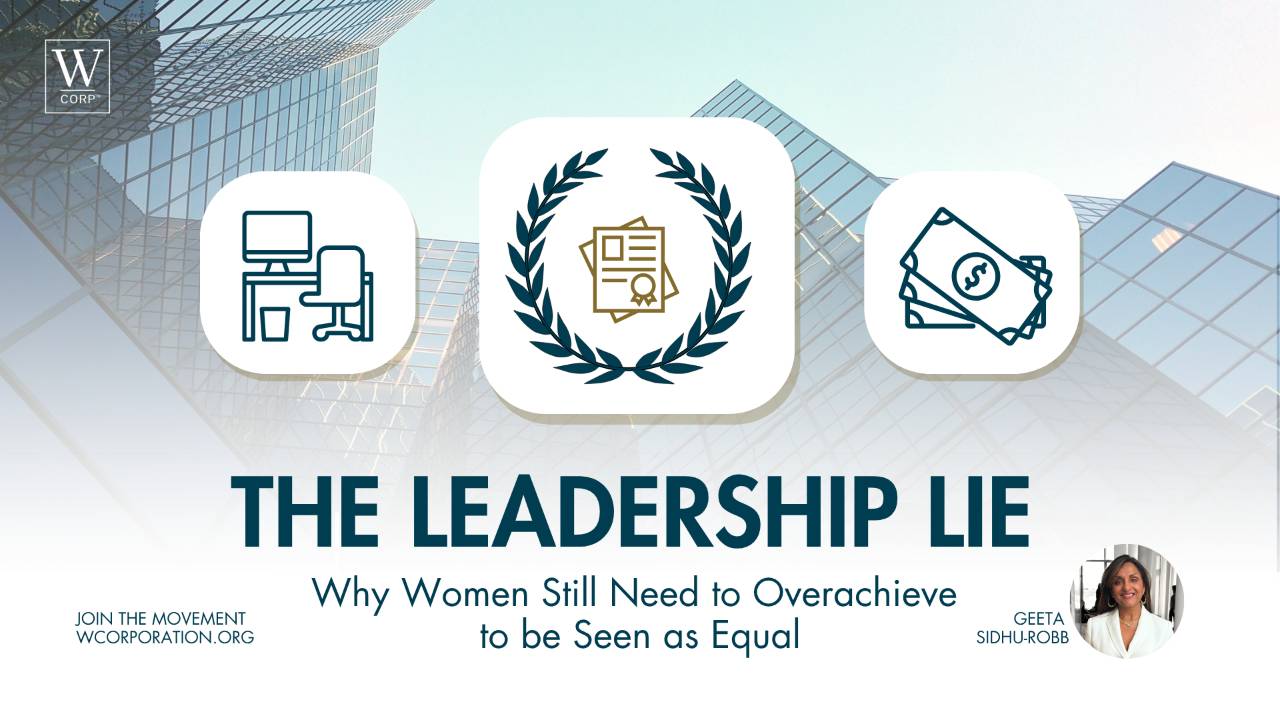The Leadership Lie: Why Women Still Need to Overachieve to Be Seen as Equal
Aug 01, 2025
Despite decades of progress toward gender equality, women in leadership continue to face a persistent double standard. To be perceived as equally competent, women often must exceed expectations, while men are frequently advanced based on perceived potential. This systemic bias not only hinders women's career advancement but also perpetuates a cycle of overwork and under-recognition.
The Potential vs. Performance Paradox
Research indicates that women are often evaluated based on their performance, whereas men are assessed on their potential. A study published in Frontiers in Psychology found that men are more likely to be promoted based on potential, while women must demonstrate proven performance to receive similar opportunities. This disparity contributes to a significant gender promotion gap, where women are 14% less likely to be promoted than their male counterparts (MIT Sloan).

The Feedback Gap
The quality of feedback received by employees plays a crucial role in professional development. However, women often receive less actionable and more personality-focused feedback compared to men. According to a study highlighted by the Harvard Business Review, women are more likely to receive inflated feedback that lacks constructive guidance, limiting their growth and advancement opportunities (HBR).
The Burden of Invisible Labor
Beyond their formal job responsibilities, women disproportionately shoulder "invisible labor" -tasks that support organizational culture but are often undervalued and unrewarded. This includes mentoring, organizing events, and contributing to diversity and inclusion efforts. A study by Harvard Business Review found that women received 44% more requests to volunteer for non-promotable tasks than men, regardless of the manager's gender. Women were also more likely to accept these requests, saying "yes" 76% of the time compared to men's 51% (Syndio).

The Mental Load at Home
The challenges women face in the workplace are compounded by the disproportionate share of domestic responsibilities they carry. In the UK, women perform an average of 57 minutes more unpaid labor daily than men, including housework and caregiving tasks (The Times). This "second shift" contributes to increased stress and limits women's availability for career advancement opportunities.
Strategies for Change
To address these systemic issues, organizations must implement comprehensive strategies:
- Revise Promotion Criteria: Ensure that evaluations are based on objective performance metrics rather than subjective assessments of potential.
- Enhance Feedback Quality: Train managers to provide constructive, actionable feedback that supports employee development.
- Recognize Invisible Labor: Acknowledge and reward contributions to organizational culture and employee well-being.
- Promote Work-Life Balance: Implement policies that support flexible work arrangements and equitable distribution of domestic responsibilities (Time).
Conclusion
The expectation for women to overachieve to attain equal recognition is a pervasive issue that undermines gender equality in the workplace. By acknowledging and addressing the systemic biases that contribute to this disparity, organizations can create more equitable environments where all employees have the opportunity to succeed based on their merits.






